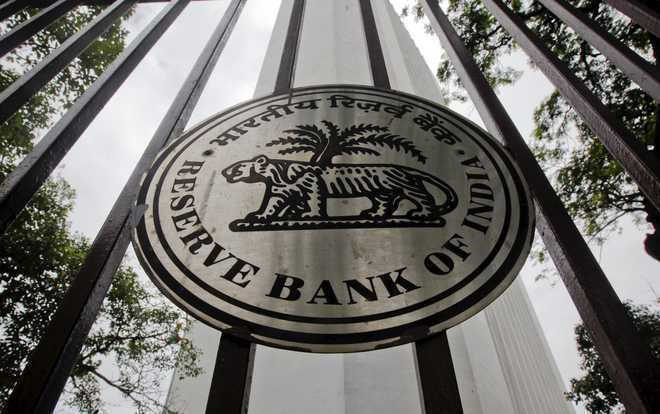
Mumbai, September 12
As COVID-19 is likely to pose financial risks for microfinance institutions (MFIs), there is a need to build capital buffers and manage cash positions for microlenders to protect their balance sheets from any disruptions, according to an article published in RBI’s monthly bulletin.
The article, prepared by Snimardeep Singh of Department of Supervision, Reserve Bank of India, said though COVID-19 presents new challenges and significant financial risks for the microfinance sector, it also presents an opportunity to build long-term resilience.
“Going forward, building capital buffers and managing liquidity would be crucial for MFIs in fortifying their balance sheets against COVID-19 led disruptions,” it said.
The article termed COVID-19 as the biggest tail risk event in a long time.
Owing to the disruptions in supply chain and business operations, the likelihood of loss of livelihoods and a consequent drop in household incomes is high, it stated.
“Non-banking financial company microfinance institutions (NBFC-MFIs), being specialised institutions extending collateral-free loans to low-income groups, are particularly exposed to credit risks in this scenario,” it said.
The article said the repayment rates had dropped significantly, posing liquidity risks to MFIs.
Smaller NBFCs-MFIs are particularly vulnerable to credit rating downgrades, which may hamper their ability to raise fresh capital and access liquidity, it said adding they “need to diversify their sources of funds for sustaining healthy portfolio growth”.
COVID-19 is expected to afflict the microfinance sector with financial risks in the near term. However, it may also incentivise digitisation, it added.
Efforts to migrate loan collections to digital platforms may greatly improve the operational efficiency of MFIs and help them in minimising event-based disruptions, it said.
The article said data analytics may be leveraged for predicting portfolio behaviour, building risk models and designing customer-centric products.
At this juncture, when the risk of spread of misinformation was high, it is important that credit discipline be maintained, it added.
Increasing engagement with borrowers through virtual/telephonic means and sensitising staff on fair practices code would go a long way in restoring confidence in borrowers and rebooting the credit cycle, as per the article.
The MFIs need to adopt responsible lending practices to ensure that loan amounts are commensurate with borrower's ability to repay and that there are no instances of multiple overlending, it emphasised.
“In this milieu, it is imperative that the microfinance sector utilise past lessons and work towards transforming the pandemic into new possibilities,” the article said. PTI
Join Whatsapp Channel of The Tribune for latest updates.



























